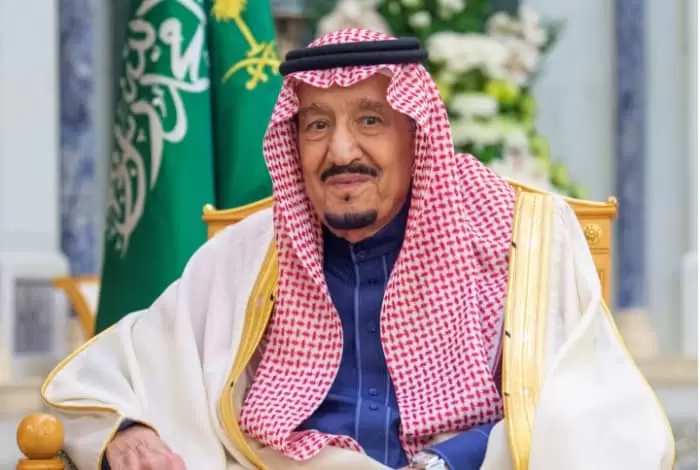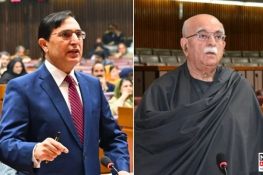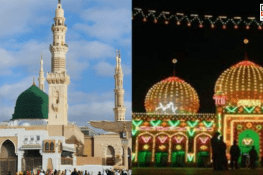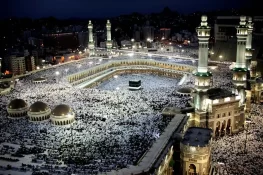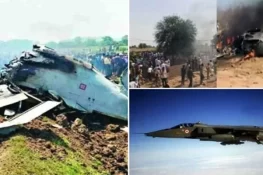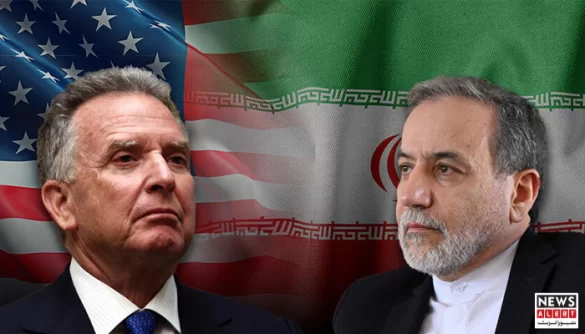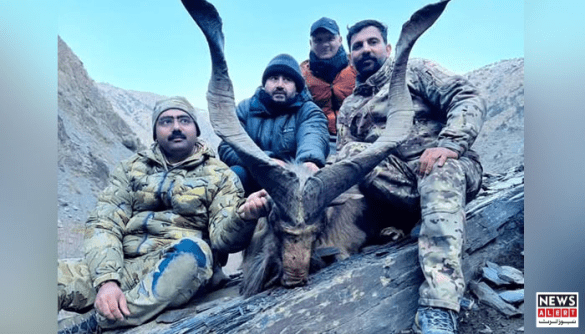Call for Collective Prayer Across Saudi Arabia
King Salman bin Abdulaziz Al Saud has urged citizens across Saudi Arabia to perform Salat al-Istisqa, or the rain-seeking prayer, on Wednesday, November 13, as the country continues to experience a shortage of rainfall.
According to a statement released by the Royal Court, the appeal follows the tradition of the Prophet Muhammad (peace be upon him), who encouraged communal prayers in times of drought to seek God’s mercy and blessings.
Emphasis on Repentance and Charity
The royal directive encourages all citizens and residents to repent, seek forgiveness, and increase good deeds. It also calls on people to help the needy, give charity, and engage in additional voluntary prayers and supplications. The statement emphasized that such collective acts of faith and compassion may draw divine mercy and bring about much-needed rain.
Religious Leaders to Lead the Prayer
In Mecca’s Grand Mosque (Masjid al-Haram), prominent cleric Sheikh Yasser Al-Dosari will lead the prayer and deliver the sermon. Similar prayers will take place in mosques and public grounds across all regions of the Kingdom, with imams urging unity, humility, and gratitude.
Regional Context
Neighboring countries, including the United Arab Emirates and Kuwait, have already performed similar rain prayers in recent weeks. The UAE’s nationwide call for prayer, held amid prolonged dry weather, highlights a wider concern over declining rainfall across the Gulf region. Meteorologists note that parts of the Arabian Peninsula have faced below-average precipitation this year, raising challenges for agriculture, water conservation, and urban planning.
A Tradition of Faith During Drought
Saudi Arabia regularly holds Salat al-Istisqa during dry periods. The practice, deeply rooted in Islamic tradition, symbolizes both spiritual solidarity and a collective call for renewal — reminding citizens of their dependence on divine providence and the importance of moral and environmental responsibility.

